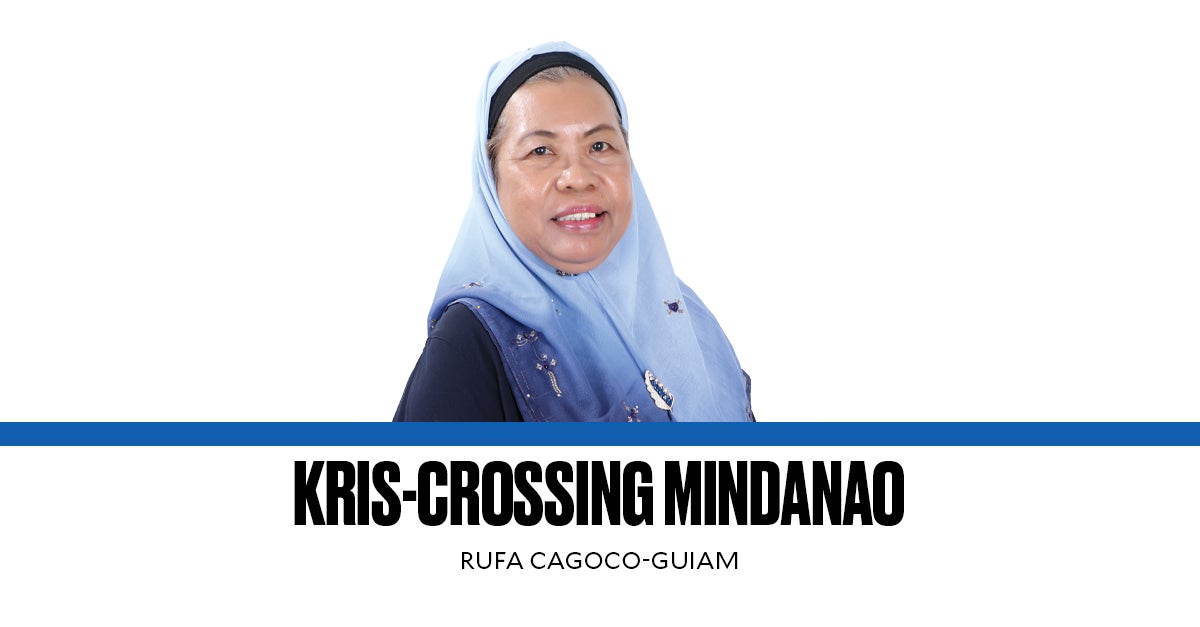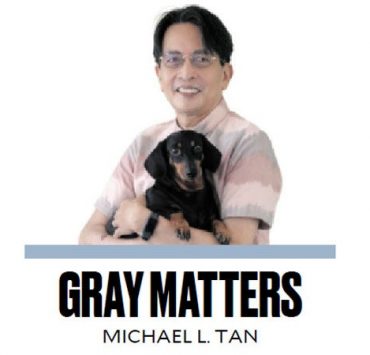‘Confusion is the beginning of wisdom’

First, my salute to all of you for having reached this far in your struggle to attain higher education. In this age of advanced technological development, being grounded in the lofty principles of higher education is quite a feat.
Socrates, one of my favorite philosophers of all time, started a classic teaching method that remains relevant and useful to those among us who have decided to devote ourselves to the oldest profession in the world—teaching (no, it is not prostitution, as many of you might think). It is the method of asking endless questions that gets to the root of a problem.
“Confusion is the beginning of wisdom … real learning starts when you know nothing.”
Many of us find it hard to admit the latter part of Socrates’ teaching. We tend to look down on other people who have not achieved what we have, or who have not conquered the world through reading books and listening to the teachings of our professors.
We take comfort in our ivory towers of knowledge. We become complacent after getting an advanced degree. When we don our graduation robes with the traditional two or three lines depending on the levels of advanced knowledge we have finished, we think we are on top of the world.
But what have we known that makes us proud of ourselves, even haughty at times?
When someone from another field of specialization asks us a question not related to our field, will we be able to answer? When students ask us a question about the origins of the universe, how old it is, and whether there are alternative universes out there, will we be able to answer them? Or when a child asks us why we need to find “x” in an algebraic equation? Will we tell her it is difficult because we do not know where our exes—previous boyfriends or girlfriends—have gone after breaking up with us?
The x that our algebra teachers asked us to find is the symbol of our quest for knowing things that we haven’t known, things that confuse us, bewilder us, even drive us crazy for not knowing that we do not know.
In this age of TikTok, reels, and every other way to put something on social media, we think we know a lot from what we hear, see, and notice about how people behave. We think we know it all. Sadly, our finite minds will not allow us to know everything. It is only the Supreme Being—whatever you call that being—who is all wise and all knowing, who can.
And knowing and admitting that we don’t know everything is already the beginning of wisdom. If you are not confused at any stage of your life at all, you are refusing to behave like a sentient being, a homo sapiens, a thinking animal. Feigning that you know something even when you don’t, and can’t, can lead to deceitful relationships with others.
Socrates also spoke of the evils that ignorance can bring.
One of these is the tendency to judge others who are not like us—people we do not know nothing about—their struggles, their histories, and foundational narratives as a people. We only believe in what we know about ourselves, our own group, be it religious, ethnolinguistic, or even socioeconomic status.
And in the crass capitalistic world we live in, we tend to judge others through materialistic lenses that cloud our understanding and empathy with others. These clouds screen our knowledge of others through what others in our own group believe in. When we do that, we become prejudiced, discriminating and forget about the reality of diversity in this world.
Uniformity is not the reality anywhere in the world. We are all different in a multitude of ways. A world that is not diverse is not a beautiful one—it is a boring one. It makes robots out of us, looking for people who are like us, think like us, and do things in the same way. It is a stifling world; it prevents us from becoming curious, from knowing other things, and most especially, from being creative enough to think of other possibilities. It prevents us from becoming wiser, from conquering all our confusion.
We have seen this happen in many of the conflict-affected areas of the world today. Rulers of powerful countries want weaker countries to follow their lead, toward a more uniform, more homogenous global society, where there are uniform standards for thinking and believing.
And all these have led us to a deeply divided world, where those who are powerful bully us into thinking and doing things in a uniform way. This is because these leaders have ceased to seek wisdom in knowing about other creative ways of making this world a happier and more harmonious place to live in.
(Excerpts from the speech shared with the graduates of the Master of Arts in Education and Public Administration at St. Benedict College of Maguindanao Inc. in Cotabato City, July 5, 2025.)


















